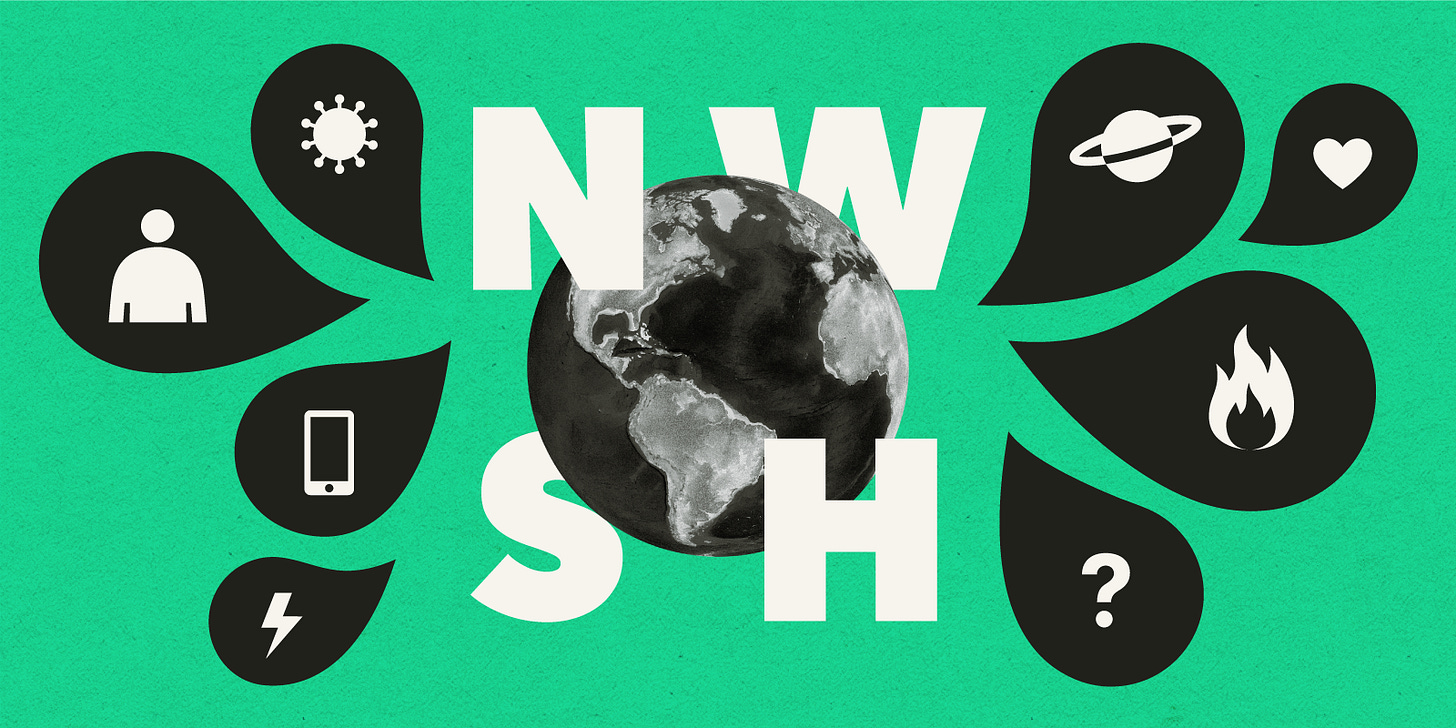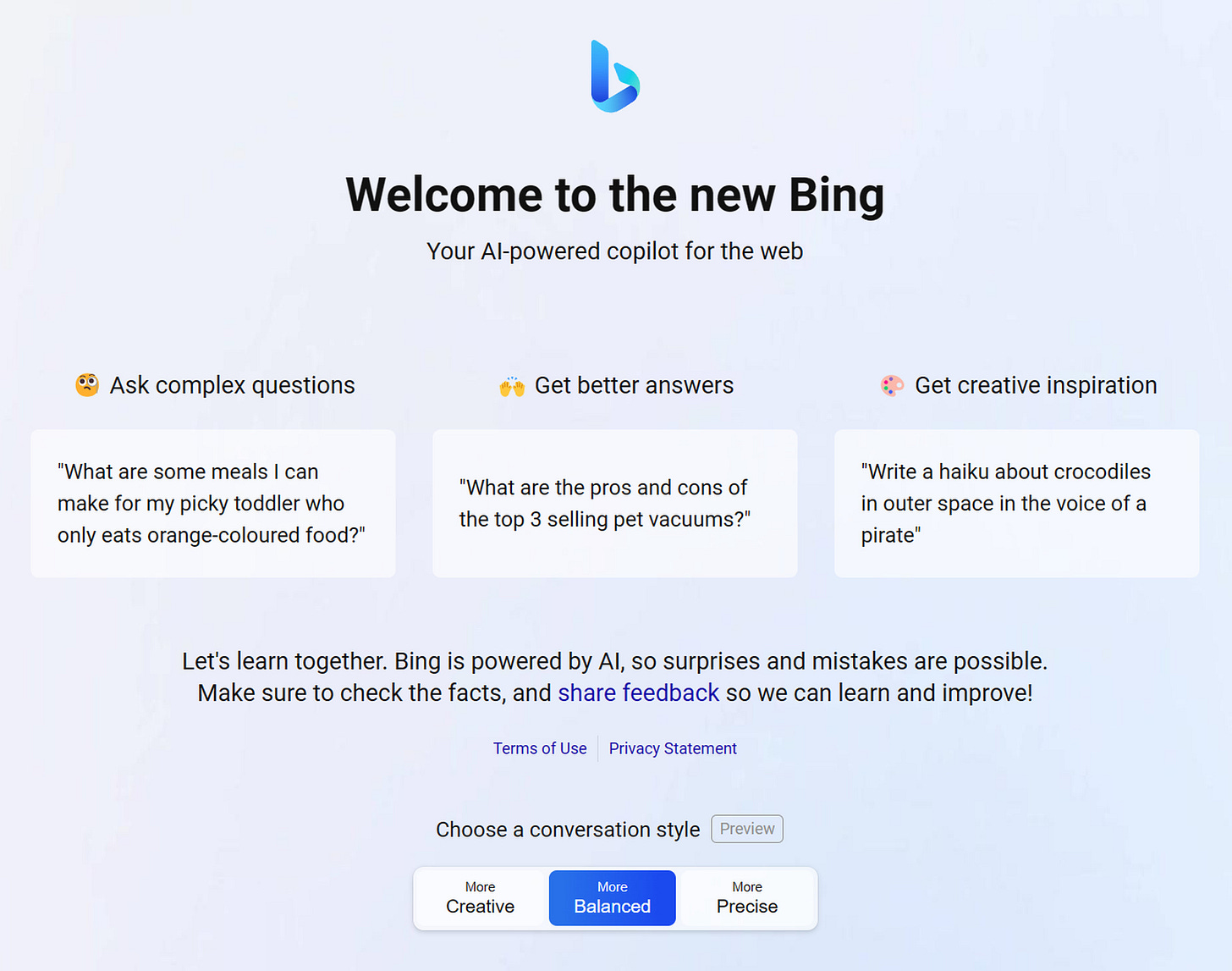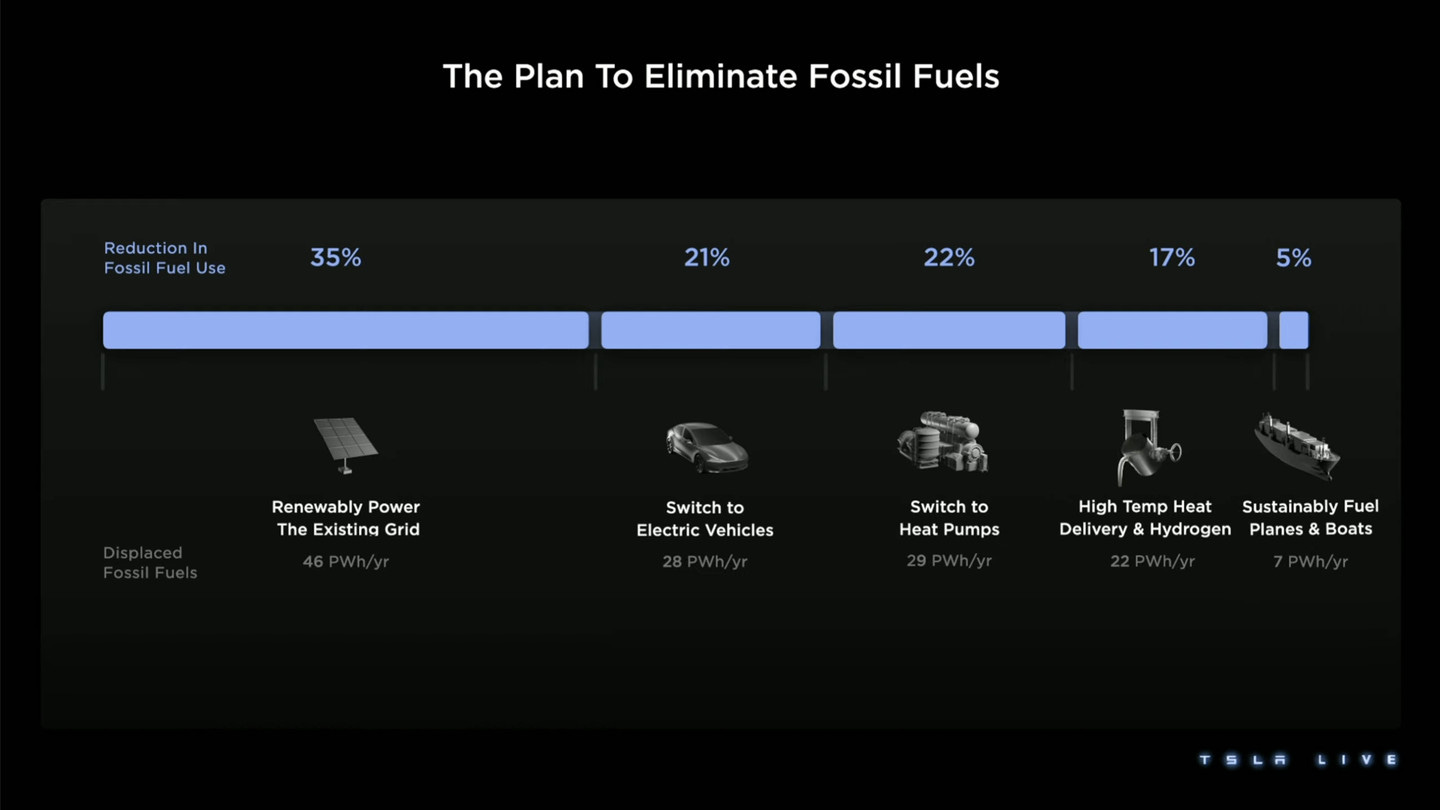Welcome to the mid-week update from New World Same Humans, a newsletter on trends, technology, and society by David Mattin.
If you’re reading this and haven’t yet subscribed, join 24,000+ curious souls on a journey to build a better future 🚀🔮
To Begin
It’s another packed instalment of New Week. What do we have in store?
This week, tech giants from Microsoft to Snap put their arms around a trend that has long been a NWSH obsession.
Meanwhile, Tesla and OpenAI outline far-reaching manifestos: what does it mean when corporations incubate the kinds of social and political policies we usually associate with government? And a new US startup, Figure, offers a first glimpse of its humanoid robot.
Let’s get into it.
🎭 Talk to me
This week, a constellation of signals point to the mainstreaming of a trend long in the making. I’m talking, here, about virtual companions.
Snap launched My AI, a ChatGPT-fuelled conversational agent, inside their app. The feature is intended to serve as a general-purpose chatbot; Snap say it might plan a hiking trip for a long weekend, or suggest a recipe for dinner. Or even serve the user’s love of poetry:
Meanwhile, Microsoft launched a new feature that ‘changes the personality’ of the AI chatbot inside is Bing search engine.
Users can toggle between three options: creative, balanced, and precise, depending on the type of answers they want from the bot.
And in a Facebook update, Mark Zuckerberg said Meta are working on ‘AI personas that can help people in a variety of ways’ for Instagram, Messenger, and WhatsApp:
‘We're exploring experiences with text (like chat in WhatsApp and Messenger), with images (like creative Instagram filters and ad formats), and with video and multi-modal experiences. We have a lot of foundational work to do before getting to the really futuristic experiences, but I'm excited about all of the new things we'll build along the way.’
⚡ NWSH Take: It’s happening: the mainstreaming of a trend that I’ve been tracking for years. I started speaking about virtual companions in the early 2010s; back then, the idea that millions would one day see AI-fuelled entities as counsellors, companions, or even friends seemed, to many, outlandish at best. Via generative AI, that conversation has been transformed. Bing’s tentative approach to creating AI personalities marks the beginning of a long collision between virtual companions and search. And it won’t be long — if Snap is anything to go by — until a personalised, conversational, poem-writing virtual companion is a part of every social platform. // But this is just the start. For a glimpse of what’s coming, check out the conversational generative AI platform Character.ai, where users are creating chatbots based on their favourite fictional or historical characters. Or the AI companion app Replika — thousands of users recently complained that an update had destroyed their AI romantic partner. // Virtual companions — a counsellor, friend, and philosopher in your pocket 24/7 — are heading for the everyday lives of billions. It’s an innovation that may prove as transformative as the car, or the iPhone.
🏛 Policy agenda
Elon Musk took to the stage at a Tesla investor event this week, to unveil the long-awaited third part of the company’s Master Plan.
At the core of this part, it turned out, was nothing less than a Grand Unified Theory (GUT) of the planetary transition to sustainable energy. That GUT, according to Musk: electrify the grid, make all road vehicles electric, install a heat pump in every home, move towards green hydrogen, and build electric boats and planes.
The global shift, said Musk, will need investment of $10 trillion. And he says Tesla can play a part in every step.
Investors were reportedly disappointed; they’d hoped for more detail on Tesla’s product roadmap. Shares fell 5% in the wake of the event.
All this came in the same week that the IEA confirmed that CO2 emissions hit a record high — albeit lower than expected — last year.
Still, it was another aspect of all this that caught my eye:
⚡ NWSH Take: There’s no denying the Master Plan Part 3 was vague; a high-level, wouldn’t it be great if march through the journey to decarbonisation. Still, see it alongside another much-vaunted corporate statement this week, and a pattern starts to emerge. I’m talking, here, about OpenAI’s Planning for AGI and beyond. It’s an amazing document, making clear that OpenAI will cancel its commitments to equity shareholders if it deems it necessary, and may in future fund ‘the world’s most comprehensive UBI experiment’. In other words: we know our AGI might break capitalism, and we’re figuring out some answers. // In Tesla and OpenAI’s statements this week, then, we glimpse a truth. In ever-more acute ways, our governments simply can’t process the technology revolution we’re living through. Instead, it’s falling to technology companies to articulate the sociopolitical arrangements that will shape our future. On the one hand, it’s welcome that OpenAI’s Sam Altman seems to take this responsibility seriously; he’s talked endlessly in recent months about releasing AI advances gradually so as to minimise damaging social impacts — compare that with the Zuck’s move fast and break things credo. On the other, the leaders inside these companies constitute a tiny, strange, and unaccountable elite. Are we okay with this? One idea whose time has come: publicly-elected representatives on the boards of these companies. I don’t pretend the idea is easy to enact. But it’s worth investigating.
🤖 Go figure
US robotics startup Figure broke out of stealth mode this week, when it released the first images of its all-purpose humanoid robot.
The company has generated excitement ever since news of its existence, and $100 million starting capital, was revealed in September. Figure is founded by Brett Adcock, also the co-founder of Archer Aviation, and it counts former Boston Dynamics, Tesla, and Apple engineers among its team of 42 staff.
The core idea? We don’t have enough people.
Demographic change, including ageing populations, means the labour force is shrinking. We live and work in built environments fitted out for human size and shaped beings. A new army of humanoid robots, says Adcock, is the answer to our labour and productivity woes.
⚡ NWSH Take: Plenty of people are on the same page as Adcock. Including Elon (yes, we’re talking about him again); at the Tesla event referenced in the previous story, Musk outlined his belief that humanoid robots will eventually outnumber people: ‘it’s not even clear what an economy means at that point’. // There’s little doubt that a humanoid device of the kind Figure want to build would be economically transformative. The real question, though: how far away is it? And the answer: we aren’t really sure. Researchers at Oxford University recently asked AI experts for a view on this, and the experts were not much in agreement. // Figure revealed little on their timeline, and the roadmap for Tesla’s Optimus humanoid is similarly unclear. Alphabet’s Everyday Robots division is doing amazing work to bring together advanced robotics and large language models in order to create a household robot we can talk to as we do one another. At some point, surely, there will be a breakthrough moment. ChatGPT and the generative AI wave has already kicked off a great enweirdening of the global economy; things could soon get a whole lot more strange.
🗓️ Also this week
🎵 TikTok says it will limit teen users to 60 minutes of screen time per day. Teens that hit the limit will be asked to enter a passcode to keep watching. The users set the passcode, and can disable the feature entirely if they wish. TikTok say the feature will help younger users manage their time on the app. Back in New Week #43 I wrote on how the CCP insists on camera-enabled facial recognition to limit the time Chinese youth spend on video games.
🚫 A new report says that a record number of countries enforced internet shutdowns in 2022. Internet rights group Access Now says 35 countries enacted 187 shutdowns, most triggered by mass protest or conflict. India came top of the list, with 84 shutdowns.
🦾 Microsoft launched a multimodal AI that can work with both images and language. Kosmos 1 can understand and label images, solve visual puzzles, perform visual text recognition, and understand natural language instructions. Microsoft say that multimodal AIs of this kind are the best route towards AGI.
🌤 The UN says scientists should find ways to reflect the sun’s rays away from the Earth. In a new report published this week, UN scientists said we’re not on track to limit warming to 1.5C, and should therefore study in more detail a ‘speculative group of technologies’ that may allow us to reflect the sun’s heat.
📻 A US startup launched a new tool that uses GPT-3 to create an autonomous local radio show. RadioGPT will comb throw local news sources and Twitter feeds to create relevant scripts, and then use convincing synthesised voices to convert the scripts into radio shows that feature local news and classic pop hits. The platform can even be trained to emulate the voices of locally popular DJs. Last week I wrote about the transformative collision between mainstream media and generative AI.
🧠 Scientists say that lab-grown brain organoids herald a new era of artificial biointelligence. First developed in 2013, organoids are tiny clumps of neurons cultivated from human stem cells; researchers at the Johns Hopkins Bloomberg School of Public Health this week published a paper in Frontiers in Science, laying out a roadmap for the convergence of conventional and organoid AI. Back in New Week #102 I wrote on how an organoid had taught itself how to play the video game Pong.
🌔 The European Space Agency says the Moon should have its own time zone. In a statement this week, the ESA said that it and other international agencies were working on an agreement to create a universally agreed lunar time and other standards for communications and navigation services.
🌍 Humans of Earth
Key metrics to help you keep track of Project Human.
🙋 Global population: 8,019,881,908
🌊 Earths currently needed: 1.7993041243
💉 Global population vaccinated: 64.1%
🗓️ 2023 progress bar: 17% complete
📖 On this day: On 3 March 1938 oil is discovered in Saudi Arabia, in an American-owned well in Dammam that soon becomes the world’s largest source of crude oil.
Always There
Thanks for reading this week.
The ongoing collision between conversational AI agents and the eternal human quest for counsel, friendship, and even intimacy is a classic case of new world, same humans.
This newsletter will keep watching. And there’s one thing you can do to help: share!
Now you’ve reached the end of this week’s instalment, why not forward the email to someone who’d also enjoy it? Or share it across one of your social networks, with a note on why you found it valuable. Remember: the larger and more diverse the NWSH community becomes, the better for all of us.
I’ll be back next week. Until then, be well,
David.
P.S Huge thanks to Nikki Ritmeijer for the illustration at the top of this email. And to Monique van Dusseldorp for additional research and analysis.

















